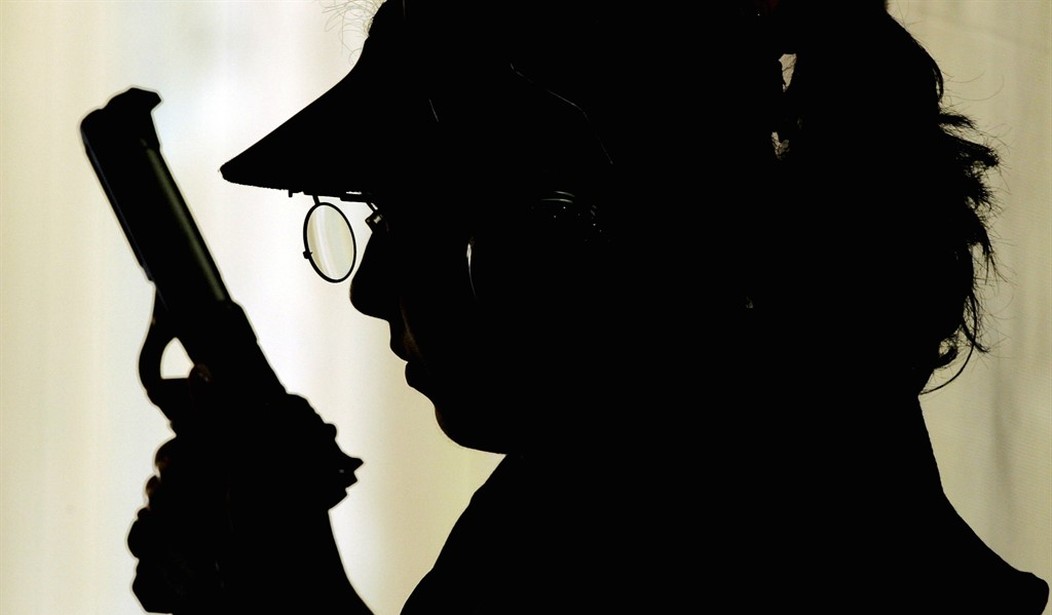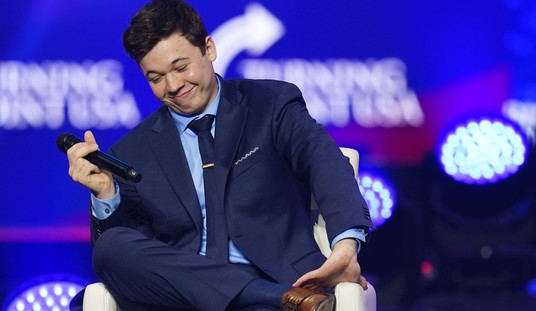Three years ago today a coalition of Second Amendment groups and businesses including the California Rifle & Pistol Associaion, Gun Owners of California, the Second Amendment Foundation, and Junior Sports Magazines filed suit challenging Caifornia's sweeping prohibition that makes it unlawful for any “firearm industry member” to “advertise, market, or arrange for placement of an advertising or marketing communication concerning any firearm-related product in a manner that is designed, intended, or reasonably appears to be attractive to minors.”
The law is so broadly written that junior shooting sports leagues couldn't display any signage or logos of sponsors at events, companies that made merchandise that could fit a child or juvenile could be fined, and Junior Sports Magazines, which produces Junior Shooters, would essentially be barred from making any more issues... or at least making them available for sale in the state.
In October 2022 a U.S. District Court judge denied the plaintiffs' request for an injunction, but the groups found better luck at the Ninth Circuit Court of Appeals, where a panel found that the law violates the First Amendment. The appellate court remanded the case to district court, but the judge still declined to grant an injunction to one portion of the law that prevents the firearm industry from compiling or using personal information of minors fo rmarketing purposes.
In an order on Monday, the appellate panel rejected the lower court's decision and instructed the judge in no uncertain terms that the entirety of the statute is problematic from a constitutional standpoint.
That provision makes it unlawful to “use, disclose, [or] compile” a minor’s personal information “for the purpose of marketing or advertising to that minor any firearm related product.” (emphasis added). California tries to frame the provision as a “privacy regulation” rather than an advertising restriction, but as the district court noted, “the so-called privacy concerns in subsection (b) appear only to relate to the offering of guns to minors as opposed to for other purposes.” Indeed, the entire provision turns on prohibiting the use of certain information “for the purpose of marketing or advertising . . . firearm-related products” to minors. In other words, subsection (b) suffers from the same constitutional flaw as subsection(a): it is a content-based restriction that the government has failed to justify.
... Moreover, California’s mistaken argument that subdivision (b) is a privacy rule makes § 22949.80(b) more problematic under the logic of our opinion, not less. The state’s alleged privacy rule “gives possessors of [minors’] information broad discretion and wide latitude in disclosing the information, while at the same time restricting the information’s use by some speakers and for some purposes.”
The panel went on to say that portion of the statute the judge allowed to remain in effect "clearly targets only gun related advertising and marketing, and there is nothing to indicate that it will materially advance any governmental interest," noting that California "may not selectively burden otherwise-lawful speech in the name of protecting privacy." After calling out the district court for "abus[ing] its discretion" by only enjoining a portion of the law, the three-judge panel instructed the district court to issue a preliminary injunction halting enforcement of every part of the law.
Second Amendment Foundation founder and executive vie president Alan Gottlieb called the decision "great news," adding that while this is a First Amendment case, "it has strong Second Amendment overtones."
Simply because California officials don’t agree with our pro-gun viewpoint, they have no right to essentially gag free speech or freedom of the press, in this case the content of Junior Sports Magazines.
This is indeed great news, ,and though the lawsuit still has to go through oral arguments and a decision on the merits at the district court, the Ninth Circuit has made it clear that the law is highly unlikely to survive in any form going forward.
The entire statute was predicated on the false premise that gun companies are enticing minors to illegally acquire and use firearms through their marketing, which is absolutely absurd. California contends, for example, that licensing certain models of firearms to be used in video games is designed to woo teens to get ahold of a real gun, even though there are plenty of adults who are fans of games like Call of Duty.
What California is really trying to do with this statute is prevent a new generation of residents from growing up with a healthy respect and support for the Second Amendment. As Gottlieb says, this lawsuit is based on a violation of the First Amendment, but the statute in question is meant to chill both Second Amendment-related speech and Second Amendment activities like youth shooting while falsely portraying the firearms industry as preying on the susceptible minds of minors. The supporters of this law also hope and believe that eventually it will lead to fewer adults keeping and bearing arms when these junior shooters are old enough to legally purchase and possess guns of their own.
Monday's decision should put a halt to those efforts, at least for now. I have no doubt, though, that anti-gun politicians in Sacramento are already working with the gun control lobby to come up with a way to circumvent the Ninth Circuit and impose new speech restrictions on the firearms industry and pro-Second Amendment publications.









Join the conversation as a VIP Member